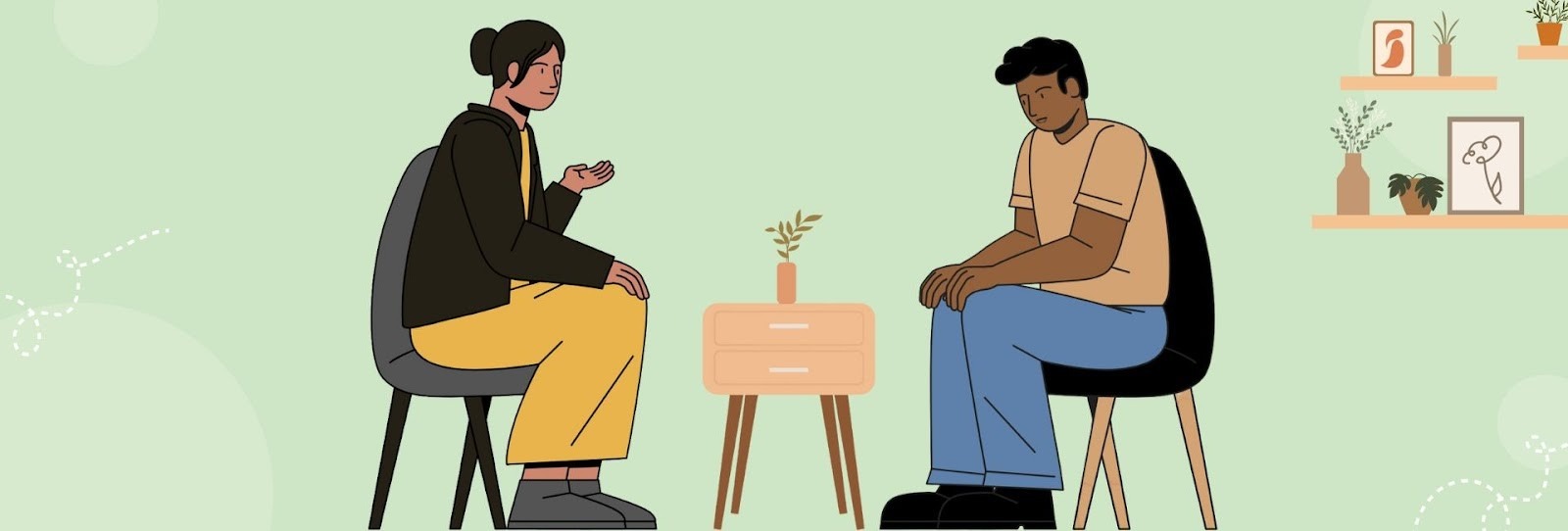We all know that a good night’s sleep is essential to feel rested and rejuvenated to start the day. Our physical and mental well-being is also influenced by our sleep. It affects how we look and feel every day, which impacts our overall quality of life. Hence, sleep is a crucial contributor to one’s well-being. Despite this knowledge, getting a proper night’s sleep can feel like a difficult task- especially when we find ourselves tossing and turning in bed.
Difficulties in sleep may arise from unhealthy sleeping cycles, lifestyle choices or even medical conditions. Often, psychological factors such as worry, or depression could also contribute to sleeplessness. This is where sleep hygiene can be beneficial, as it can promote the likelihood for improved sleep patterns.
Sleep hygiene are healthy sleeping habits that one can adopt to improve the potential to fall asleep and remain asleep through the night. These habits are both behavioural and environmental in nature, which can improve both the quality and quantity of sleep. Our activities in the day and night greatly impact the quality of sleep. Hence, tweaks and adjustments in our daily routine have the potential to bring a positive change in our sleeping habits.
It is important, however, to note that practicing good sleep hygiene is not the only solution for sleep disorders. Hence, it cannot be seen as a replacement for medical or psychological treatment if one is experiencing chronic sleep disturbances. If one has followed sleep hygiene habits, and is still struggling to sleep, reaching out to a medical or a psychological practitioner may prove to be beneficial.
But for those, looking for healthier habits to incorporate in their everyday life for better sleep- sleep hygiene could be key! On an average, an adult should get approximately seven hours of sleep every night. It is important to ensure that we are getting this adequate amount of sleep. If it is difficult for someone to get these seven hours, the following tips can be incorporated to improve their sleep:
1. Keep a Regular Sleep Schedule:
Waking up and sleeping around the same time every day is important as it regulates our body clock, which in turn can enhance our quality of sleep. One should try to avoid naps that are post four pm and that are longer than an hour. When naps tend to be extended, it significantly reduces the amount of sleep that would be required at night, resulting in inconsistent sleep patterns.
2. Relaxing Bedtime Routine:
Making use of relaxation or soothing techniques can improve our quality of sleep. Deep breathing or even visualizing a soothing scene can have a very calming effect on our body which can make it easier to fall off to sleep. Taking a warm shower an hour before getting into bed can make one feel sleepy as it raises the body’s temperature which is then dropped. Other activities such as listening to light music, reading a book, meditation can also contribute to better sleep. These techniques have the potential to calm us down and relax us to be able to fall off to deep slumber.
3. Training our body for sleep:
Sleep not just behavioural in nature, it is also physiological- hence, we need to be able to train our body for obtaining good sleep. Daily physical activity of at least 30 minutes ensures a deeper sleep, this however should not be very close to bedtime. It is also important to avoid stimulants such as alcohol and caffeine at least four hours prior to bedtime. Similarly, one can also benefit from resisting the temptation and resisting bedtime snacks. In treating our body in a mindful manner, we can promote better sleep quality.
4. Training our mind for sleep:
Often when we are trying to sleep, our thoughts may wander off to things that make us feel worried, such as getting some difficult work done the next day. It could help to have a checklist for such instances to feel confident in being able to complete the task. If there are too many thoughts in one’s mind, trying to force sleep in that moment may worsen the worry and make it harder to sleep. Taking a break and engaging in relaxing techniques can be useful to replace worrisome thoughts with more positive ones. Only when our mind is clear will it be able to relax and rest.
5. Sleep environment:
An optimal sleep environment makes it easier for us to fall off to sleep, which is why setting of the bedroom is very important. It is easier to sleep in a room that is dark and not noisy. It can also mean having a comfortable bed and mattress. Avoiding electronics an hour before bedtime contributes to a deeper sleep, as it can reduce distractibility which hinders sleep. It is also important to be able to reserve our bedroom for sleep and intimacy. We often make associations of places with certain feelings. If the bedroom is only used for sleeping or intimacy, we can train our body and mind to make an association- when I am in bed, it is time to sleep.
These tips can improve one’s quality of sleep. Each person’s way of obtaining a good night’s sleep will look different from another. Be open to experiment with the sleep habits to see what best works for you. Small steps towards increasing your sleep quality can have profound impact on your overall health and life satisfaction. Being able to stay consistent and patient in your efforts would prove crucial in this process.


